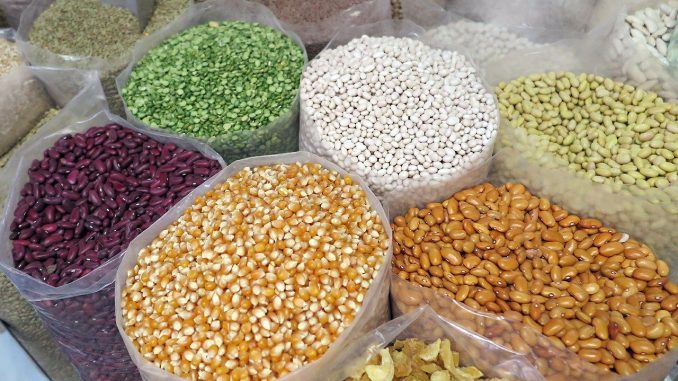
According to the United Nations food agency, world food prices saw a large increase in November. In particular, there was a strong rise in the price of meat and vegetable oils, although cereal prices did become slightly lower than the previous month.
The Food and Agriculture Organisation (FAO) food price index is frequently used to analyse changes in the price of essential foods, including meat, dairy products, sugar, cereals, and oilseeds. Prices are measured on a monthly basis.
In November, this hit a 26-month-high, at an average of 177.2 points. This is 2.7% higher than the previous month and 9.5% higher than the previous year. In addition, it’s predicted that the production of cereal will hit an all time high in 2019, at 2.7 billion tonnes in total.
The largest rise was in the vegetable oil price index, which increased to 150.6 points in the latest report – this is 10.4% higher than the previous month and the highest since May 2018. This rise has been driven by higher biodiesel use and higher import demand, along with concerns over the possibility of supply shortages in the future.
Meat also saw a sharp increase last month, rising 4.6% – the largest month-on-month increase since May 2009. This was led by beef and sheep meat, which is partly down to holiday demand and also due to growing demand from China.
The dairy and sugar price indexes also increase, but only marginally. Sugar averaged 1.8% higher than October due to expectations of higher demand, and dairy went up slightly from October, following a decline in the previous two months.
Cereal was the only area that saw a price drop last month, falling by 1.2% to 162.4 points. One of the main reasons for this was large export supplies and strong competition between producers around the world. The cost of rice fell to a six-month low, as higher demand has driven competition and new crops have added pressure on suppliers.


Leave a Reply